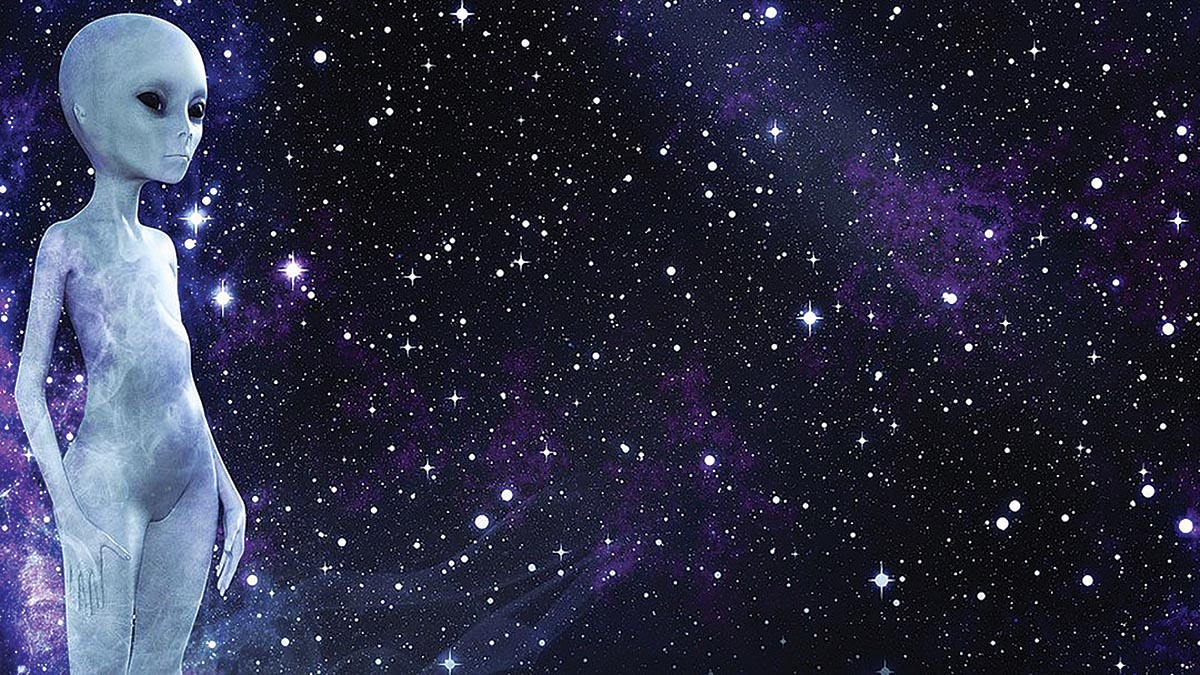GIVEN the size of our universe, not to mention other universes, it would make you wonder, where are all the aliens? We can’t be the only ones who made it out onto a cosmic rock alive. There might be many reasons we have not encountered aliens yet, from lack of technology to the aliens not wanting to make contact. A new study from the University of Columbia takes a statistical approach to the likelihood of complex extraterrestrial life emerging on other planets.
David Kipping of the university’s Department of Astronomy Columbia used the statistical technique called ‘Bayesian inference’ to arrive at the conclusion that there’s a greater chance than not that aliens exist. The odds he calculated come out 3 to 2 for the aliens.
Kipping based his analysis on the chronology of life’s development within 300 million years of the Earth’s oceans forming and the human evolution on the planet. He wondered how often life would emerge if we were to repeat Earth’s history over and over.
Bayesian statistical inference works by updating the probability of a hypothesis when new evidence or information appears.
“The technique is akin to betting odds,” Kipping explained. “It encourages the repeated testing of new evidence against your position, in essence a positive feedback loop of refining your estimates of likelihood of an event.”
He came up with four possible answers, according to the press release from Columbia:
Life is common and often develops.
Intelligent life is rare but often develops.
Intelligent life is common and rarely develops.
Intelligent life is rare and rarely develops.
Using Bayesian math, Kipping pitted the models against each other. According to him, the “key result here is that when one compares the rare-life versus common-life scenarios, the common-life scenario is always at least nine times more likely than the rare one.”
This means that life is nine times more likely to emerge than not. But would this life be intelligent? The answer here is less optimistic. Still, Kipling concluded that under similar circumstances and conditions to Earth, the odds are 3:2 that some planet out there would ssupport complex, intelligent life like ours.
Why are these odds lower? Kipping thinks that as humans appeared rather late in Earth’s habitable history, it’s clear their existence was not a foregone conclusion. “If we played Earth’s history again, the emergence of intelligence is actually somewhat unlikely,” he said.
Revealed: the odds of alien life out there and they are pretty good odds

















